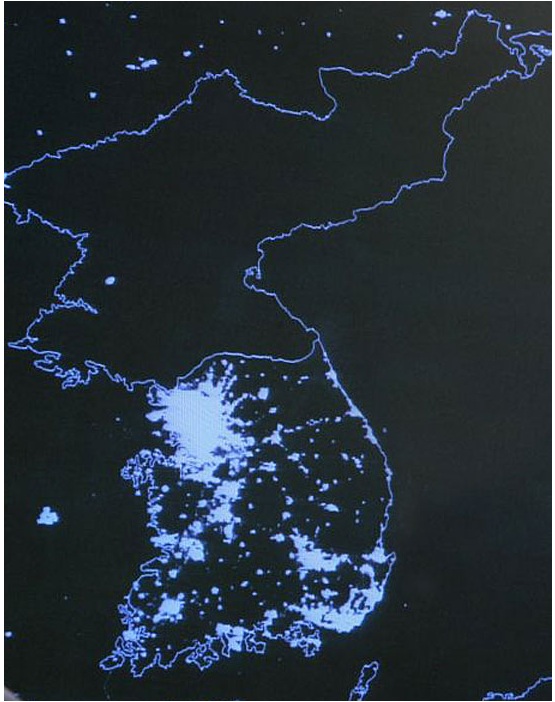However, the question was not, “How to wreck an economy?” The question was about dealing with the climate crisis. Since this answer was proposed by Billy Fleming, a US landscape architect, we had better sit up and take notice.
Safeguarding New Zealand against the devastating impact of climate change could mean seizing the means of production.
US landscape architect Billy Fleming has a radical vision for the country’s future if it’s going to survive rising sea levels and extreme weather, and it involves the dreaded s-word: socialism.
Newshub
Billy, the landscaper, is obviously a bright lad:
“So much of Auckland is right up against the water and on fill, so a lot of the terrain is quite soft. You’re probably going to need walls.”
Holland keeps the rising seas at bay through the use of dikes and drainage canals along the Dutch coastline, but Auckland will require more robust structures including pumps to drain seawater when it encroaches on the city.
The strong implication from that statement is that the Dutch system simply drains into the sea whereas Auckland will need pumps. Since about one-third of the Netherlands is below sea level and a great chunk of Rotterdam is 5m below sea level, it is clear to anyone with a brain that any water will not drain away on its own. The Dutch have been pumping water for centuries.
Remind me not to get Billy to design a garden water feature.
Poor Billy really is a little short on facts:
You’re not in the position Australia or Canada are where they have lots of land you can imagine people moving to as sea levels encroach. That process in other places will be incredibly expensive and politically fraught and hard, but they have the option of thinking about that.
Have a look at the map, Billy.

Should all your doom come to pass, there appears to be plenty of land to live on.
For Fleming, socialism is inextricable from the issue of climate change. Capitalism, with its relentless growth demanding more and more of the Earth’s resources, is inherently incompatible with sustained human life. Things need to change, and they need to change fast.
“We’re going to have to do a whole lot of things really quickly, faster than we’ve ever done them, better designed than ever, and we’re going to have to balance that with a very real need to make sure there’s deliberation and public ownership over that process,” he says.
“Part of that means discarding the idea that markets can solve all of these problems for us, which is not a radical statement at all in most parts of the world, but in the United States is something that gets you thrown out of rooms.”
The thing about capitalism is that it also drives efficiency. Equivalent vehicles now are far more fuel-efficient than they were twenty years ago. Many previous ‘luxury’ food items are now available every day at the local supermarket. Clothes can be supplied more cheaply and so on.
Obviously there are some abuses, like child sweatshops, that need to be eliminated but the bald fact remains that socialism has never ever worked anywhere.
It would be a wonderful service to humanity if all the socialism advocates took themselves off to Venezuela to show the locals how to ‘do socialism’ properly, while the rest of us got one with allowing capitalism to make our lives and our environment better.

Haiti (left) has per capita GDP of around $US 760. They chop down the forest to make charcoal for heat and cooking. Dominican Republic (right) has a per capita GDP of just over $US 7,000, they do not need to use the forest as an energy source.
It may be simplistic but it seems that the wealthier a nation, the more money it can spend on cleaning up and caring for the environment.

I prefer the capitalist idea of having lights at night time.
Don’t ever forget what one of the originators of the IPCC said back in 2010:
Basically, it is a big mistake to discuss climate policy apart from the big issues of globalization.
Ottmar Edenhofer
The climate summit in Cancún at the end of the month is not a climate conference but one of the biggest business conferences since the Second World War. […]
But one has to say clearly: we are effectively redistributing world wealth through climate policy.
Billy is correct, the end goal of climate alarmism is Socialism.

